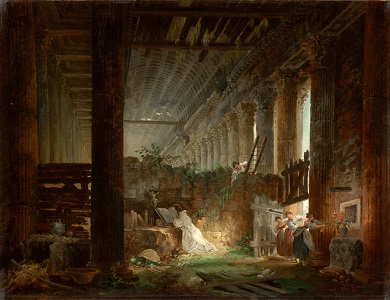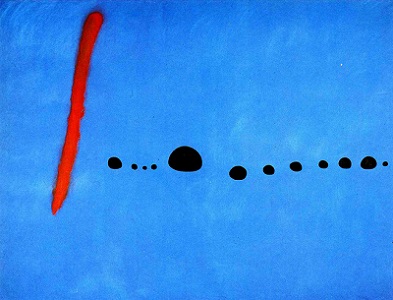Pagine
Condividi e segnala
Tag
- Althusser
- Antropologia
- Baumgarten
- Bourdieu
- Conceivability of Nothingness
- Conciliation
- corpo
- Derrida
- Dialectics
- Difference
- distinzione
- Europe
- Expression
- giudizio
- Grace
- Habitus
- Heidegger
- Hobbes
- Kant
- linguaggio
- Lyotard
- marxismo
- Medieval Aristotelianism
- Metaphysics
- Nature
- Negative
- Nichts
- nihil
- Nihilism
- nihil negativum
- nihil privativum
- Non-identical
- Nothing
- Nothingness
- onore
- politica
- postmoderno
- pratica
- riconoscimento
- Smith
- solitudine
- Sovranità
- Spinoza
- Thomas Aquinas
- Western Ontology
-
Articoli recenti
Link
Archivi tag: Nothingness
Editoriale. Una polifonia ‘negativa’
Miriam Aiello
(Università degli studi Roma Tre)
miriam.aiello@uniroma3.it
“Chinati, ti devo sussurrare all’orecchio qualcosa:
per tutto io sono grato, per un osso
di pollo come per lo stridio delle forbici che già un vuoto
ritagliano per me, perché quel vuoto è Tuo.
Non importa se è nero. E non importa
se in esso non c’è mano, e non c’è viso, né il suo ovale.
La cosa quanto più è invisibile, tanto più è certo
che sulla terra è esistita una volta,
e quindi tanto più essa è dovunque”
I. Brodskij
«Elegie romane»
‘Non essere’ e … Continua a leggere
Pubblicato in Editoriale, NUMERO 2
Lascia un commento
«In nihilum decidere». “Negatività” della creatura e nichilismo del peccato in Tommaso d’Aquino
Massimiliano Lenzi
(Sapienza, Università di Roma)
massimiliano.lenzi@uniroma1.it

Abstract: Thomas Aquinas was a major representative of a new ontological idea of nature, which was shaped in accordance with Christian theological notions in the context of medieval Aristotelianism. The crucial assumption of this idea was the concept of creation, which determined a radical rethinking of the autonomy that featured order and finality of the Aristotelian physis. Conceived of as a creature, that is, made from nothing in order to be an instrument of the Providence, nature was rooted in and contained by the divine power, upon which … Continua a leggere
Pubblicato in Monografica, NUMERO 2
Lascia un commento

